We all know how awful it feels to be dragging ourselves through the day when we are sleep deprived. In this post, I’ll be exploring 20 tips for better sleep. My sincere wish is that you’ll try to implement some of the ideas, experience a noticeable improvement in your sleep, and feel great during the day as a result.
Tip 1: Try to Keep a Regular Sleep Schedule
Many sleep experts say that the key to good quality sleep is a regular sleep schedule. This means going to sleep and waking up at approximately the same time every day. According to the ‘Sleep Doctor’ Michael Breus, consistent waking time is even more important than the time we go to bed.
Try to stick to it even at weekends, days off work, or if you work from home. This may seem rather restrictive, but I can tell you from my own experience that you will be doing a great favour to yourself. Your body will get used to the regular sleep-wake patterns and reward you with feeling really good during the day.
Tip 2: At Least 15 Minutes of Sunlight in the Morning
Exposure to the natural light in the morning will help you sleep better at night. Sunlight increases your levels of serotonin, a hormone associated with feeling happy, awake and focused. An interesting fact is that by the evening, this very same hormone, serotonin, is synthesized into melatonin, which is the hormone that regulates our sleep.
Getting exposed to daylight as early as possible contributes to good quality sleep. Try to get out in the morning even on cloudy or rainy days, because your body will still benefit from natural light, even if it’s not a sunny day. (I’m sure dog owners know about this alreday!)
Tip 3: Exercise
Regular exercise during the day is the best way to make you tired naturally and ensures quality sleep. Vigorous exercise is ideal in the morning.
Research has been made about the impact of exercise on our sleep quality. It involved three groups of people – the first exercised in the morning, the second at 1pm, and the third at 7pm. The group that experienced the best quality sleep was the one that exercised in the morning.
So, if you can, try to slot an exercise routine into your morning, or afternoon as a second choice. If you want to exercise before bedtime, gentle exercises like yoga, qi-gong or tai-chi will relax you and prepare you for rest without overstimulating your body.
Your exercise routine doesn’t need to be long. I do a five-minute routine, based on Donna Eden’s Daily Energy Routine, which sets all the important energy flows in motion and jump-starts your whole system. (You can watch a video of the Daily Energy Routine towards the end of this post, under Tip 18.)
I love this routine for several reasons: It’s an instant mood improver, it gives you energy straight away, and it also strengthens your immunity in the long term. So if you want to prevent colds, practice this routine every day. You don’t have to do the whole routine in one go; parts of it can be done even when you’re walking, going up the stairs, or taking a shower.
I also do a short set of yoga asanas, which you can check in my article on chronic back pain, under Point 4. I also use a rebounder, which gets my heart pumping in a few seconds of jumping.
Find the style of exercise that suits you the best. Any kind of physical activity can improve the quality of our sleep, and not only that; by exercising in the morning, you are doing a huge favour to yourself on many levels. You’ll notice that your mood is better, your thinking clearer, you have more mental and emotional resilience, and you can concentrate for longer periods of time.
Tip 4: Breathing Exercises
Breathing exercises can help you with falling asleep and improve the quality of your sleep. Oxygenating your body lowers your stress levels, which in turn strengthens your immune system and makes you feel good.
The following method, presented by Dr Andrew Weill, M.D., has been proven to help people with various sleeping disorders, such as difficulty falling asleep, interrupted sleep, shallow sleep, or insomnia.
The method is called ‘The 4-7-8 Technique’ and it’s based on yogic practice of breath control known as pranayama. Prana is a Sanskrit word for life force, and ayama for expansion, extending, restraint, control, or stopping. The whole word pranayma translates as ‘regulation of the breath’, or ‘control of life force’.
Dr Andrew Weil describes the 4-7-8 exercise as a ‘natural tranquiliser for the nervous system’.
Practising this method will decrease your tension and allow your body to relax, thus improving your sleep. Some people fall asleep in just a minute while doing this technique.
How to Do the 4-7-8 Technique:
- Place the tip of your tongue behind your upper front teeth.
- Let all air out first by exhaling.
- Inhale quietly through your nose for a count of four.
- Hold your breath for seven counts.
- Exhale forcefully through your mouth for a count of eight, making a ‘whoosh’ sound.
- Repeat this cycle four times.
In this video, Dr Weill explains and demonstrates the 4-7-8 technique.
How Often Should You Practice the 4-7-8 Technique?
For the exercise to be effective, you should practice it at least twice a day.
You can do it more often than that if you want, but never more than four breath cycles at a time. If you practice it regularly for at least a month, then you can increase the number of cycles to eight (but no more than that).
You can do the whole cycle more slowly than Dr. Weill presents it, depending on how long you can hold your breath. Ideally, your breaths should be slower than in Dr. Weill’s demonstration, but don’t force it if you are a beginner. You will manage to lengthen your breath through regular practice. The important thing is that you are comfortable when you breathe and when you hold your breath.
According to Dr. Weill, after practicing this exercise for 4 -6 weeks, you can start using this exercise for multiple purposes:
- When you’re getting tense and feel you may overreact
- When you experience cravings (nicotine, sugar, etc.)
- When you wake up in the middle of the night and can’t fall asleep
Changes in Your Physiology
After 2 or 3 months or regular practice you will start experiencing significant changes in your physiology:
- Your sleep will improve
- Your heart rate and blood pressure will slow down
- Your digestion will improve
- Your blood circulation will increase (so if you’ve suffere from cold hands, they may start to feel warm due to improved circulation)
- You’ll be much less susceptible to anxiety
According to Dr. Weill, the 4-7-8 Technique is the most effective anti-anxiety technique. He has successfully taught it to patients with severe forms of panic disorder.
As a reward of practicing this regularly, you may start experiencing a pleasant altered state of consciousness during the exercise. The results may not come instantly, but if you are diligent and practice it daily at least twice a day, you will experience noticeable results. It is the consistency that produces dramatic changes.
Even though it only takes 1 – 2 minutes twice a day, doing this regularly over the period of weeks or months changes involuntary nervous function and through that the physiology of the body.
Many diseases are rooted in the unbalanced functioning of the involuntary nervous system. By imposing rhythms of the breath on the voluntary system, these rhythms are slowly induced to the involuntary system – so over time we are able to change the function – or modify the activity – of the involuntary nervous system, and massively improve our health as a result.
I recommend trying the 4-7-8 technique right now following Dr Weill’s video, and then again in bed tonight.
Tip 5: Take Cold Showers
I’m sure some of you will refuse to even think about getting into cold water. However, cold water has been successfully used for hundreds of years to bring down fevers or as first aid for burns. Athletes often use cold showers or ice baths to speed up recovery after physical exercise. In the past, cold therapies were also used to calm patients with manic-depressive psychoses.
Here are a few examples of what exposure to cold can do for you:
- Reset the nervous system
- Decrease inflammation
- Reduce swelling
- Soothe sore muscles
- Speed up metabolism
- Improve your ability to focus
- Strengthen your immunity
- And, last but not least, improve the quality of your sleep!
Taking cold showers has been a game changer for me. I’ve got inspired by two amazing people: The ‘brain coach’ Jim Kwik, who has a cold shower as a part of is daily routine, and ‘The Iceman’ Wim Hof.
I am taking cold showers twice a day – after getting up and before going to sleep. Both times of the day have their specific advantages for exposing my body to cold.
In the morning it is a great way to wake up; while I’m taking the shower, I do intensive breathing, and several exercises from The Daily Energy Routine by Donna Eden (e.g. thumping my thymus to strengthen my immunity).
Cooling your body down promotes good sleep, so it is beneficial to have a cold shower in the evening as well, without stimulating the body with exercise.
If you have never taken cold showers before, and the idea just seems unbearable, start with a warm shower and finish with cold water. Deep, long breaths will help you feel less cold. You’ll soon start experiencing the fresh, liberating feeling that cold water brings, and feel fantastic afterwards! (You can tick it off as a first major achievement of your day!)
Water can cleanse more than just the surface. It is capable of cleansing your etheric energy field and flushing a good amount of negative energy from your body, which is, of course, another bonus for better sleep. (I recommend a beautiful book The Hidden Messages in Water by M. Emoto, which explores how molecules of water can react to energy, including your thoughts, words, feelings, and intentions.)
Tip 6 – Stop Caffeine by 2pm
Caffeine takes a long time to process. We are all different in terms of our ability to metabolise, but in general, caffeine can stay in your system for up to 10 hours. Therefore, be mindful of the time of the day you drink coffee or other drinks containing caffeine.
Personally, if I have a coffee at 1pm, I have difficulty falling asleep at 11pm. So, if I have a coffee, I prefer to have as early as possible – by midday at the latest.
Tip 7 – Stop Alcohol At Least 3 Hours Before Sleep
Alcohol can take several hours to metabolise. For example, a large glass of wine can take approximately three hours to break down, and a pint of lager between 2 to three hours. So it is a good idea to think of your sleep time and be aware of the time plan the time when you drink.
Tip 8: Avoid Sugary Foods and Refined Carbohydrates
We should be mindful of consuming sugar and refined carbs in general, but especially close to our bedtime. This includes biscuits, pasta, white bread, cakes, chocolate – anything containing sugar or processed carbohydrates.
When I was touring with bands, I often needed to stay awake at night (especially in countries like Spain or Italy) because we would often get on stage well after midnight. I ate a lot of sugary food and drinks to help me stay awake during the gig, and when I finally got to bed a few hours later, my heart would be racing and I would barely get any sleep.
However, you don’t have to go to bed on an empty stomach. In fact, it is not recommended. Feeling ravenous won’t do our sleep any good. You can have a light snack to feel cosy inside. I sometimes have a small bowl of oatmeal porridge, white yogurt, or a glass of warm milk.
Tip 9: Don’t Sleep With You Phone on (And Near You)
This might initially be very hard for many of us. But if we take our health seriously, we should stop the excuse that we need to keep your phone on – often near our head – because of the alarm clock. One tends to wonder, how did people manage to wake themselves up before the advent of smartphones?
Mobiles and laptops not only stimulate the brain when we use them; they also emit blue light which sends your brain constant signals to stay active – a guaranteed way to insomnia. Even if you have your device further from your bed, if it stays on while you sleep, it will communicate with your body and stimulate it by radiation and blue light.
I personally keep my iPhone switched off and outside the bedroom. I use either a traditional alarm clock or my ‘ancient’ Nokia phone, which, to my delight, I can switch off completely and it will still come to life at the time I’ve set the alarm for. No iPhone or Android smartphones can do this amazing feat. You have to keep them on. I often wonder, how is it possible that our modern day super-smart phones are not capable of this simple function?
I hope the time when we see the link between the over exposure to man-made electromagnetic fields and our health and mental wellbeing will come soon. You can read more in my article Is Wifi Dangerous to Health?
Tip 10: Don’t Check Your Email or Social Media Last Thing Before Going to Bed
It goes without saying that you should not use your laptop, iPad or iPhone in your bed, unless you want to toss and turn wide awake most of the night. But even if your devices are located outside your sleep temple, make sure you don’t glare into their bright screens just before going to sleep.
From my own experience, checking email, Messenger, WhatsApp, and all the other social media notifications or feeds is one of the most stimulating things which can well prevent me from falling asleep. A lot of things you see on social media can also stir negative emotions, which will affect your sleep.
Whenever I switch my mobile before going to sleep, I try to resist looking at all the notifications on the screen. Sometimes I even disable my social media notifications altogether – at least when it’s getting late and I know that I should be winding down.
This leads to the next tip:
Tip 11: Make Sure You Are Relaxed Before Going to Bed
To ensure you’ll have a good quality sleep, aim to go to bed relaxed. You could spend 20 minutes relaxing on the sofa reading a book, writing a diary – planner, listening to an audiobook, or going for a short relaxing walk. It is also nice to have little atmosphere enhancers prior to your bedtime, such as lighting a candle or switching on an essential oil diffuser.
Tip 12: Neither Relax nor Work in Your Bed During the Day
With the exception of the delights of love, your bed should be treated as a place for sleep only. Watching TV, or using your electronic devices, should not be done in your bed. It’s much better to train your brain to associate the bed with restoring your body, rather than mentally stimulating pursuits, otherwise you’ll find the natural act of going to sleep an onerous task.
Tip 13 – Don’t Keep Your Bedroom Too Warm
The idea of a warm bedroom might seem cosy, yet if we keep our sleep space fresh and cool, we’ll help our body get into a naturally hibernating mode much more easily. Ideally, we should have a window open at least a bit, to allow fresh air in, and stale air out. If the weather’s particularly cold, a hot water bottle by your feet can do wonders.
In the past, due to my dislike of being cold and my fear of catching a cold as a result, I used to sleep in several layers, which included a tracksuit and socks! No wonder I usually ended up feeling cold. Then I heard that the natural body temperature actually heats the space under the duvet much more effectively. I ditched all those North Pole expedition layers and never felt cold again.
Tip 14: Darkness
Having as little light as possible entering your bedroom can enhance the quality of your sleep to a great extent. This is because darkness encourages the brain to produce melatonin, the hormone responsible for helping us sleep. (And vice versa – light stimulates the production of serotonin, which is later synthesized into melatonin.)
An ideal scenario is to have light-blocking blinds or curtains (or both) which don’t let any outside light in. Wearing a light-blocking sleepmask can also improve your sleep considerably. I also believe that my brain is recognizing the act of putting a sleepmask on as a signal to go to sleep.
When buying a sleepmask, consider one important fact: The sleepmask has to be shaped creating a hollow space between it and your eyes, so that your eyeballs are free to move, especially during the REM (Rapid Eye Movement) phase. Get yourself a good quality ‘3D’ sleepmask, similar to this one:
Don’t fall for those bulky, fancy ones which will only put pressure on your eyes and prevent them from free movement.
Beware of Tiny Lights in Your Room
Even when you wear a sleep mask, beware of tiny lights in your room, such as the light from a fire alarm, or any other electronic device. Your skin will still absorb the light.
The memory expert Jim Kwik mentions an experiment, where a person sleeping in a completely dark room has a little light under his knee. The sleep-quality measuring devices, which were part of this experiment, proved that this light caused notable disturbance to the person’s sleep.
Tip 15: Sleep-Enhancing Aromas
I swear by sleep-enhancing oils, mists, and sprays.
Magnesium-containing sprays in particular are very beneficial, because magnesium, a vital mineral for the healthy functioning of our body, has natural relaxing properties. It is also great for aching muscles, so before going to sleep, you can spray it on your shoulders, back, wrists, etc.
When you first apply magnesium to your skin, it may tingle a bit, but it’s a useful signal from your body telling you that you don’t have enough magnesium. If you persist, it will stop tingling, which usually happens very soon.
My favourite, Better You Magnesium Oil Goodnight Spray, also has clary sage essential oil in it, which promotes lucid dreams.
Then comes the traditional lavender essential oil. A drop or two on your pillow (or a small cloth or tissue near your head) can enhance your sleep considerably. Or, if you have a bath before going to sleep, you can use a few drops in your bath.
A recommended way is to use a carrier oil (e.g. almond, avodaco, or hemp oil) and mix a few drops of oil in it. Then you pour the mixture in the bath, which will make your skin soft and lustrous while retaining the essence of the oil on it.
You may also want to get a mixtire of essential oils for promoting sleep, such as ‘Wind Down’ essential oil mixture, which contains a blend of lavender, vetiver and clary sage.
Ellia.com also sell a wide variety of diffusers, which is another great way to fill your room with a relaxing aroma – something I do on a daily basis. I have one which I use at night before going to sleep. I usually fill it with lavender and other soothing essential oils. During the day, I use oils that uplift me and improve my focus, e.g. rosemary, grapefruit, orange, bergamot etc.
Tip 16: Sound Spas
Every parent uses soothing sounds to lull their baby to sleep; either by their own voice, or a sound produced by an electronic device. So why shouldn’t adults lull themself to sleep with soothing sounds as well? Research has shown that natural sounds are amongst the most effective sleep aids. The sound of the sea, rain, or a simple white noise can create the best sleep-inducing environment.
You can explore a vast range of sound spas and white noise devices on Amazon.
Tip 17 -Natural Sleep-Enhancing Remedies
Another tried and tested method for improved sleep is using natural remedies and sleep potions.
The herb Valerian has been used in traditional medicine for many years. You can get products containing Valerian extract, such as sleep tablets called Kalms.
These tables are so popular because they don’t cause drowsiness the following day.
Another popular calming potion is Bach Rescue Remedy, which contains specifically selected calming flower essences. This homeopathic remedy comes in many variations. The original Rescue tincture, in a form of dropper, is used for feelings of general stress or anxiety, and contains five traditional flower remedies, preserved in grape alcohol solution: Rock Rose (against terror and panic), Star of Bethlehem (to treator shock), Impatiens (to bring down irritation and impatience), Cherry Plum (against irrational thoughts) and Clematis (to restore focus).
The RESCUE Night Spray, which is alcohol free and comes in an easy to use spray format, is perfect for enhancing your sleep. It contains the same flower essences as the original Rescue Remedy, with an extra addition of the essence of the White Chestnut essence, traditionally used to help the mind from unwanted, repetitive thoughts, so you can fall asleep more easily and enjoy a peaceful night’s sleep.
Tip 18 – Energy Medicine Techniques
Energy medicine is another field that can help you with sleep issues. We all are made of energy, and you can easily influence and shift your energies through simple exercises. I have selected seven techniques that are frequently used by energy medicine practitioners.
Brazilian Toe Technique
A simple but powerful technique based on gentle holding of acupressure points on one’s toes. Almost everyone drifts off when their toes are held correctly and for the required amount of time. You can read the full description of the technique in the post Two Simple Techniques for Deep Relaxation.
Connecting Heaven and Earth
Connecting Heaven and Earth is a good calming exercise that you can do just before climbing into your bed. Donna Eden demonstrates it in the video 6:44 onwards, as a part of The Daily Energy Routine that I have mentioned at the beginning of this post.
Expelling the Venom
This is an old technique from Qi-Gong. It releases tension and calms your nervous system. By doing this, you can release energy tied with many different emotions – from frustration, anger, shame, or guilt, to sadness or grief.
I recommend watching Patricia Janusz, who is an expert in vibrational medicine, showing the correct procedure:
The Crown Pull
Press the tips of your fingers into your forehead, and then drag them apart, all the way to your temples. Once you’ve reached your temples, shake your hands off.
Then continue a bit further up your head. To do this correctly, you can either follow Patricia Janusz from ‘Shift Your Life’ from the previous video, (1:00 onwards).
Smoothing Behind the Ears
In energy medicine, this exercise called ‘Triple Warmer Smoothie’. It is based on calming the energy pathway which is connected with the fight or flight response. Tracing part of the meridian backwards.
You can watch Donna Eden showing how to do this super-simple exercise:
Hold Your Palm on Your Forehead
There are many points on our forehead, which are connected to our nervous system. This super-simple act of placing your hand on your forehead will bring calm to your brain, thus helping you fall asleep better.
Watch Donna Eden demonstrate this technique at the beginning of this video:
The Mingmen Point
Mingmen point, also known as Gate of Life, is one of the most important points in Chinese Medicine. It lies about two inches below your belly button, but on the other side of your body – i.e. on your lower back.
There are several ways you can work with your Mingmen point to promote good sleep:
Place your hands on the Mingmen point and rub it vigorously to release energy, which will aid your sleep and prevent insomnia.
Or: Rub your hands vigorously and then place them on the point and let them rest there.
If it’s too uncomfortable laying your hands on your back while you’re lying, place your palms on your navel instead and imagine sending energy to the Mingmen point through your body.
Visualisation and imagining play a major part in the placebo effect, so don’t dismiss it as a hippy dippy nonsense. Our thoughts can be very powerful vehicles of energy and can help you heal your body as well as regulate your sleep.
If you have a partner or a child who suffers from insomnia, you can do this for them. Make them lie on their back, then rub your hands and slide them under their lower back. Hold your hands on their Mingmen point for a few minutes.
Tip 19 – Practice Meditation
One of the many benefits of regular meditation (together with stronger immunity, decreased anxiety, or even increase in your brain’s gray matter) is better quality, deeper sleep. Many people have reported that meditation has helped them cure their insomnia.
I’ve written about my own experience with meditation in the article The Physical and Psychological Benefits of Meditation. which includes a video of Russel Brandt describing what happened after he started meditating. Because of my own great experience with this ancient practice, including better sleep and needing less hours than before, I highly recommend trying it out!
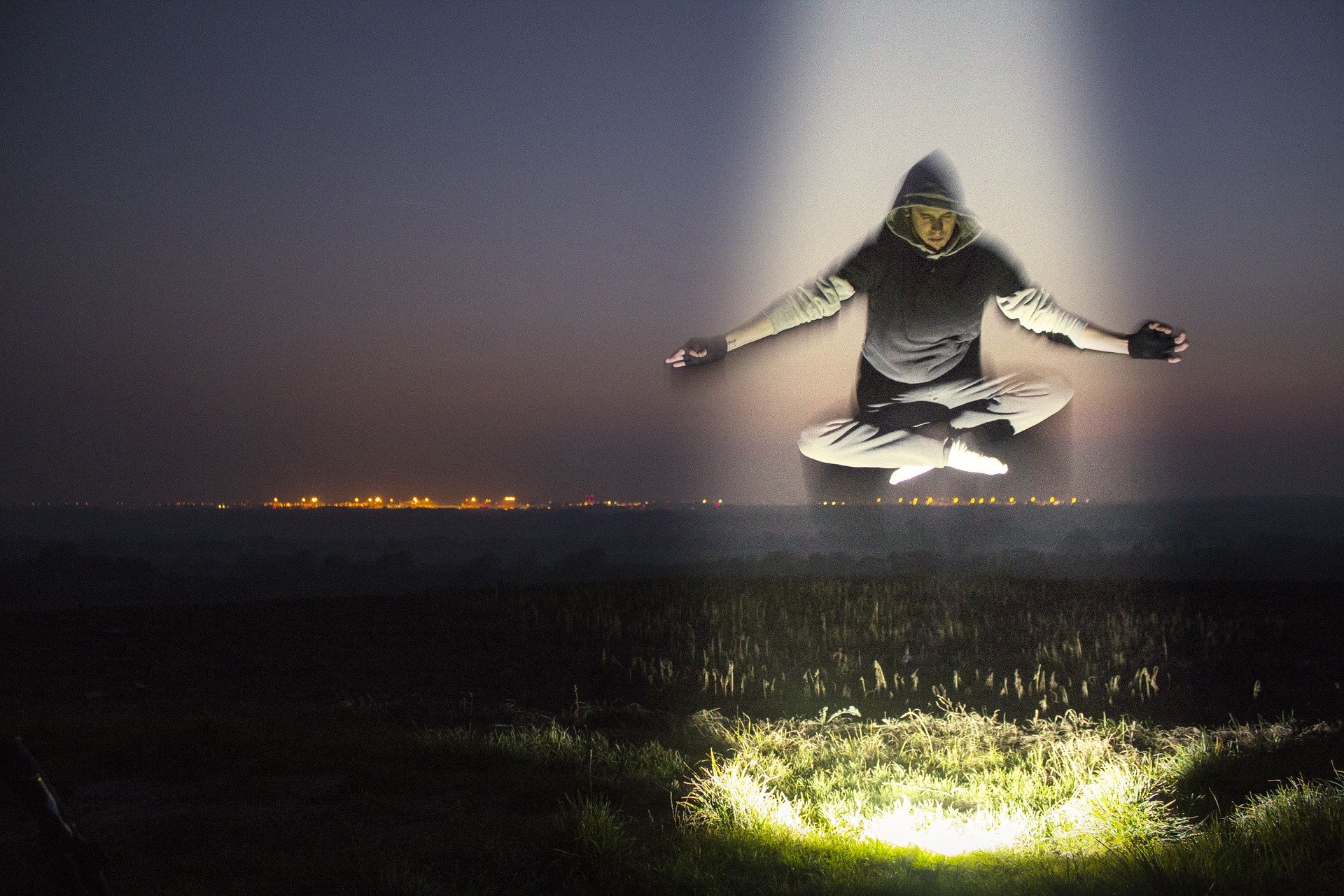
Tip 20: Try to Forgive
“Don’t let the sun go down on your anger” are words by St Paul in his letter to Ephesians.
Unresolved disagreements can affect our sleep more than we think. Either by disturbing dreams or by shallow sleep, or both. Freeing yourself from negative charges you hold against other people is a crucial act for healing many areas in your life. It’s similar to getting rid of the poison in your body. As the famous quote goes, “Holding onto anger is like drinking poison and expecting the other person to die.”
You might even experience physical healing after you have profoundly forgiven someone.
In this video, the ‘father of motivation’, Dr. Wayne Dyer, speaks about how forgiveness dramatically changed the path of his life.
The next video shows the founder of Mindvalley, Vishen Lakhiani, talk about the scientifically backed power of forgiveness. (From 13:33 onwards.)
How Is It Working For You?
I would be delighted if you let me know about your experience with sleep improvement. Have you already tried any of the ideas from this article, and if so, with what result? Have you got another tried & tested tip to share? Please let me know in the comments below. I wish you a great, deep sleep tonight!

BY LUCIE DUN
This site has been built with DIVI, by Elegant Themes.
Disclaimer: This page contains affiliate links. This means that if you decide to make a purchase through my links, I will earn a small commission at no extra cost to you. (The full Affiliate Disclosure can be read here.) If you’d like to learn more about affiliate marketing, e.g. how to earn extra income from blogging and promoting products you like and would recommend to others, which is what I do, check out Wealthy Affiliate, my favourite platform for online marketers. You can create a free account, which will enable you to make your own website in a few simple steps, and host it with them – free of charge – for as long as you like. You can test it right now by trying their free website builder SiteRubix. Thank you for visiting!
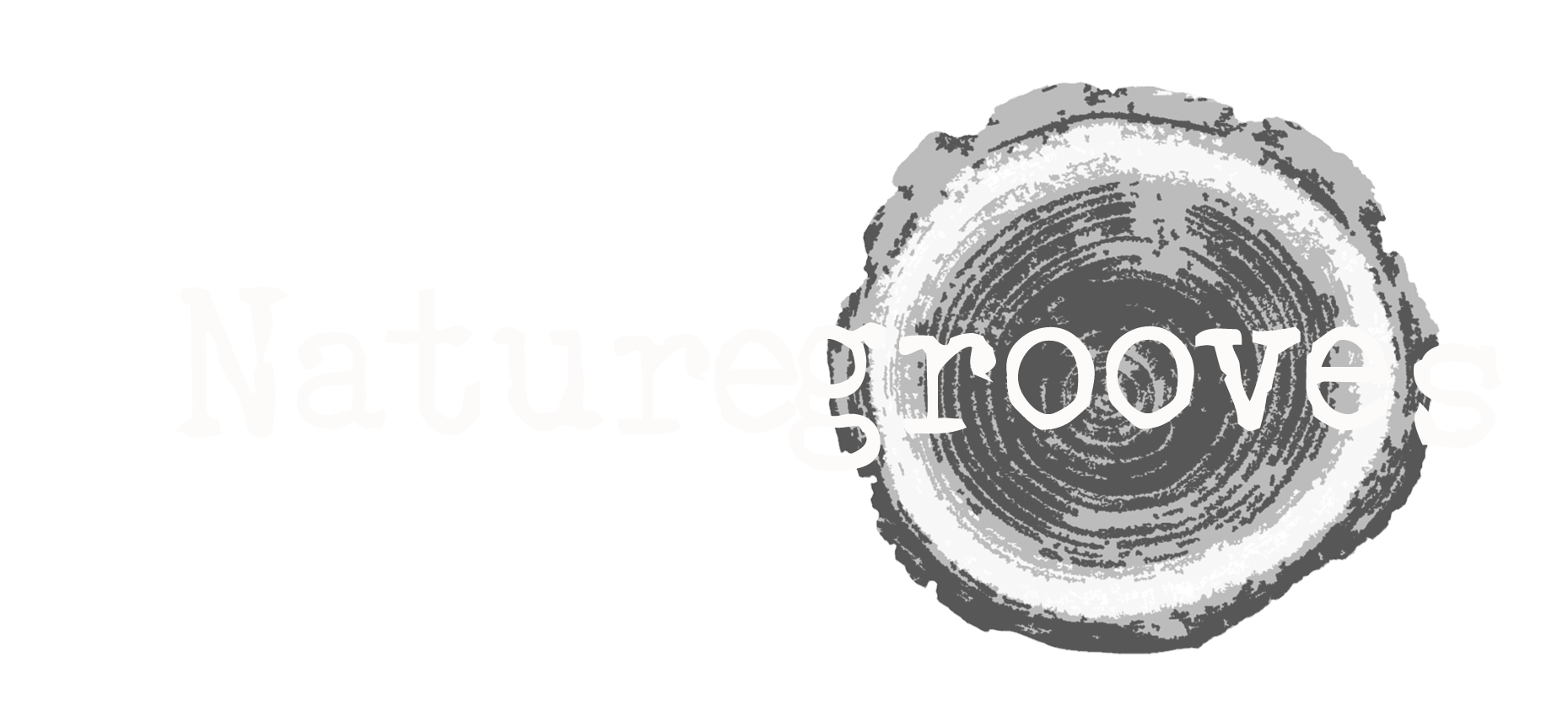

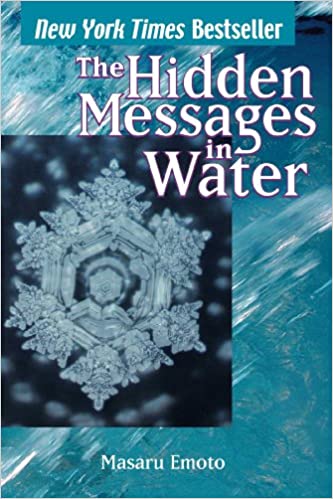
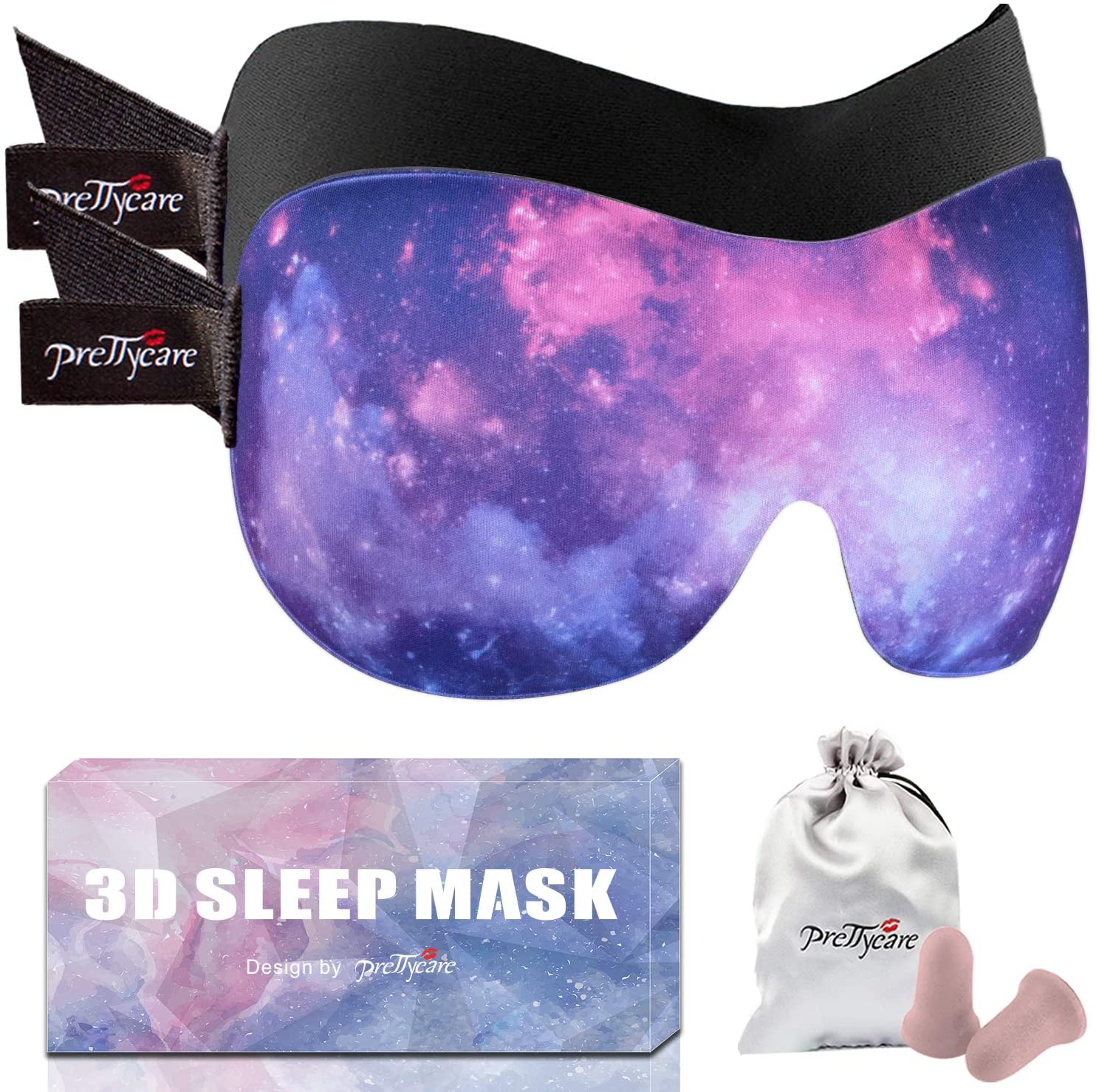

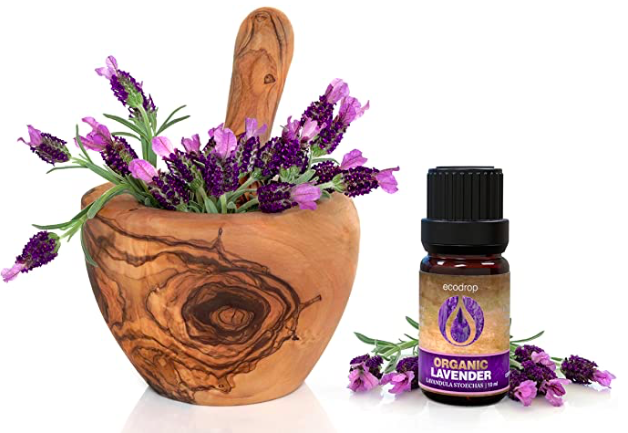
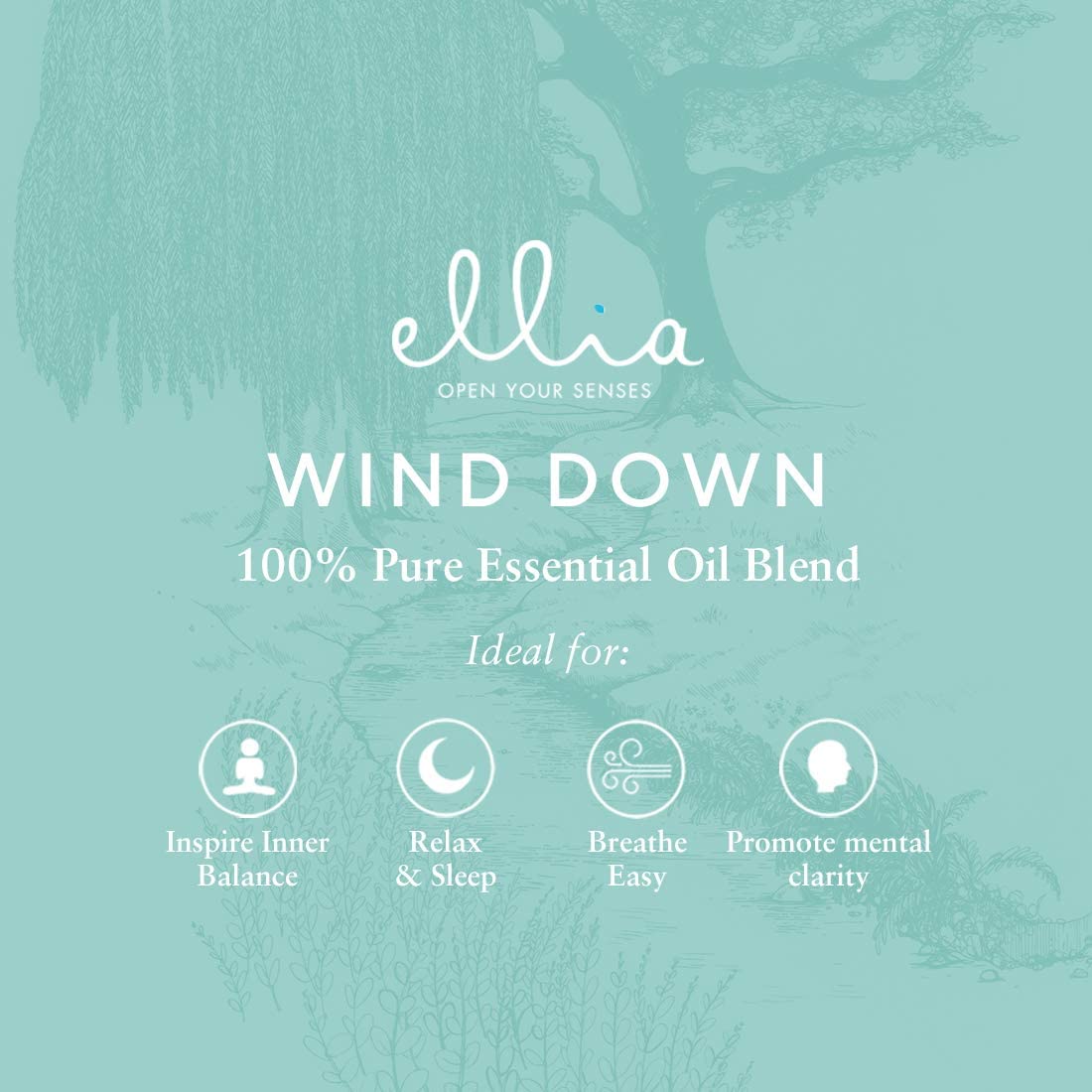
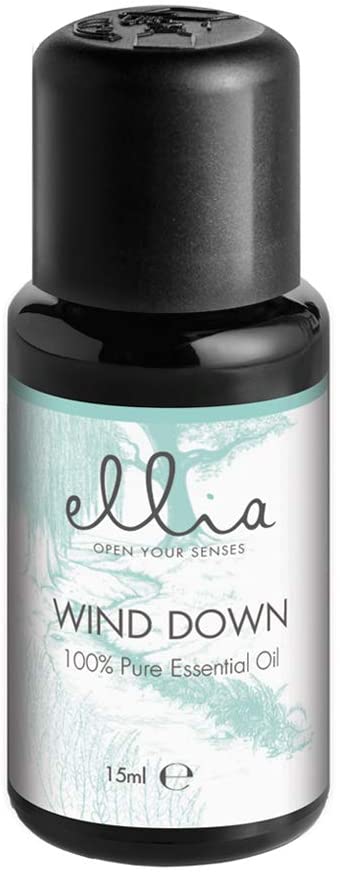
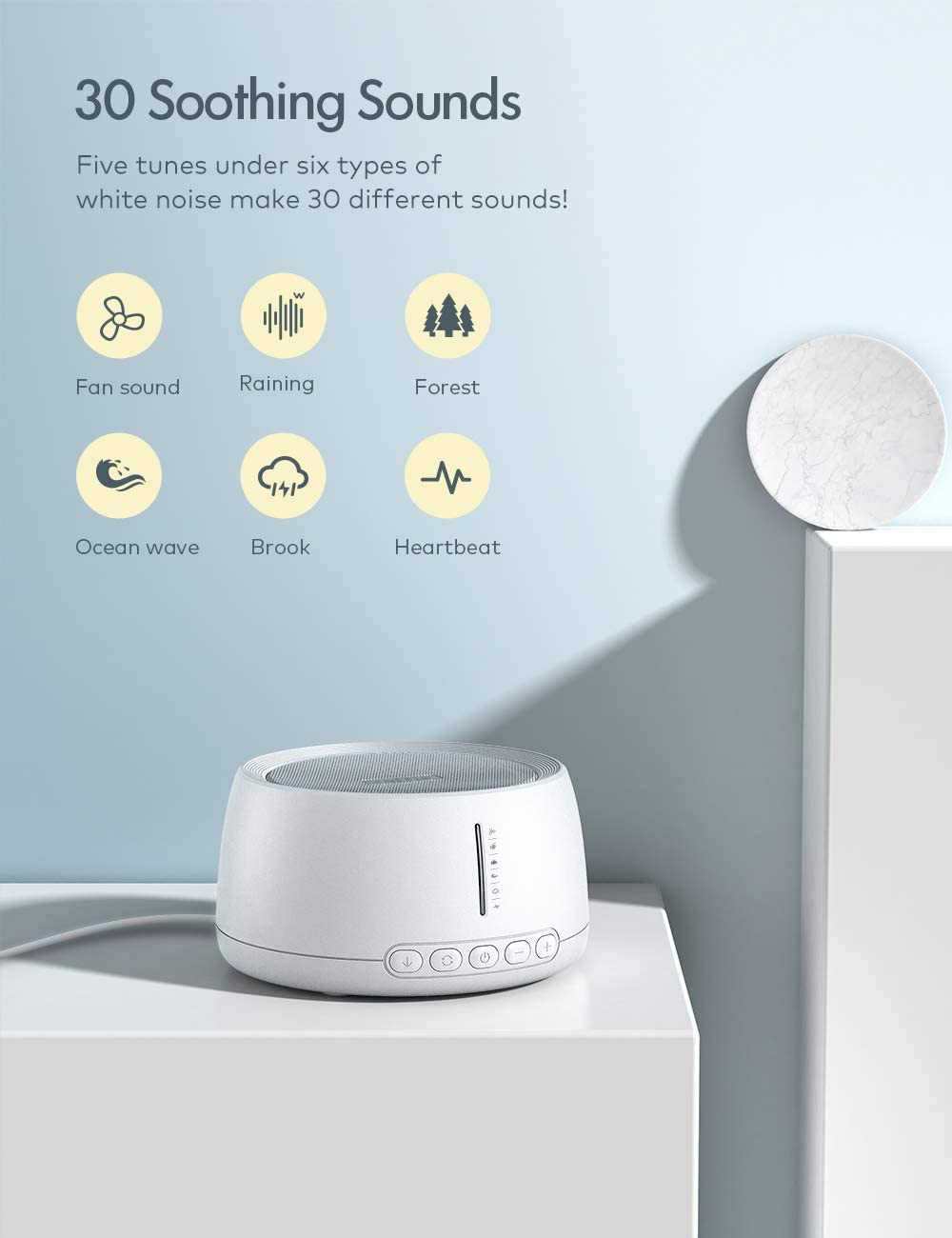
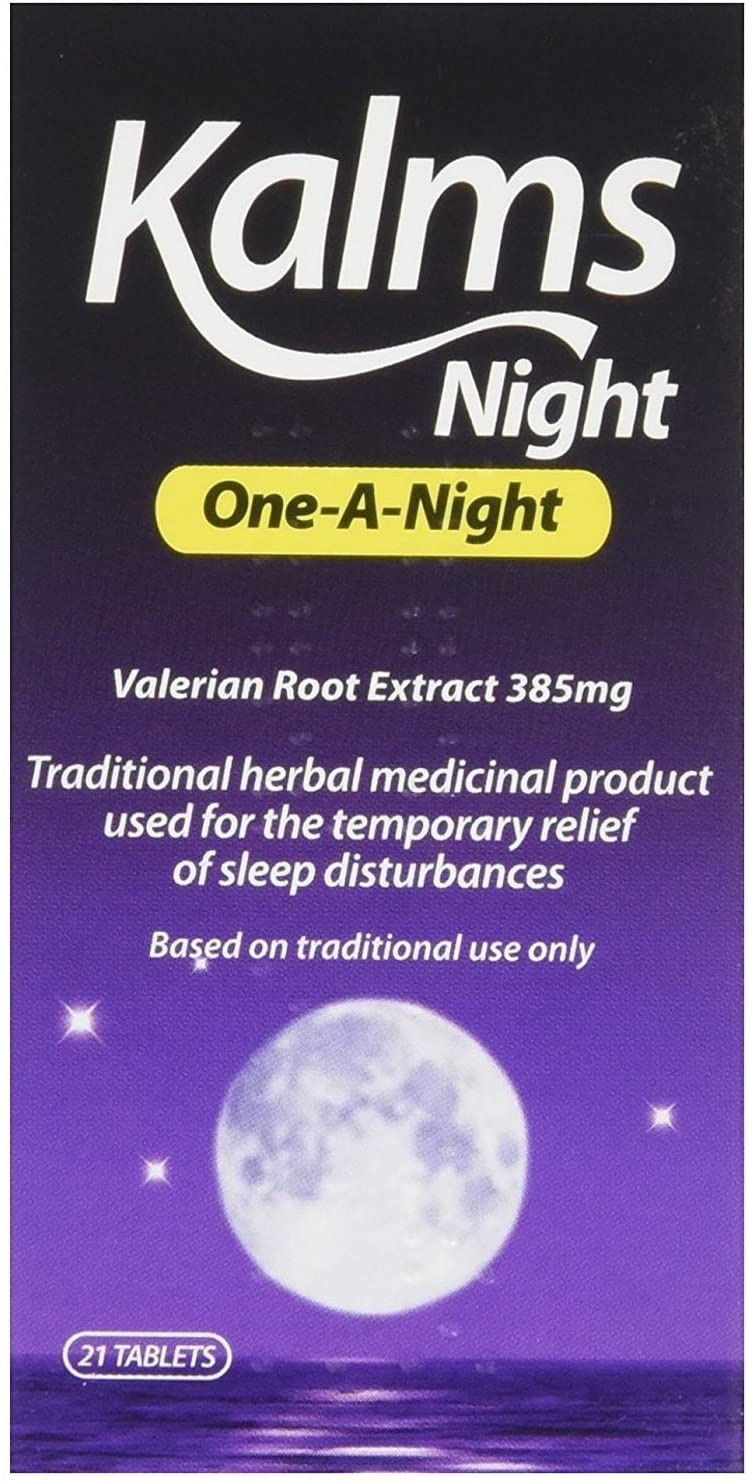
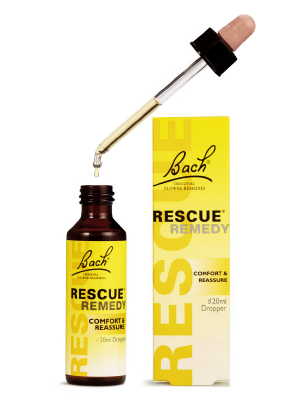
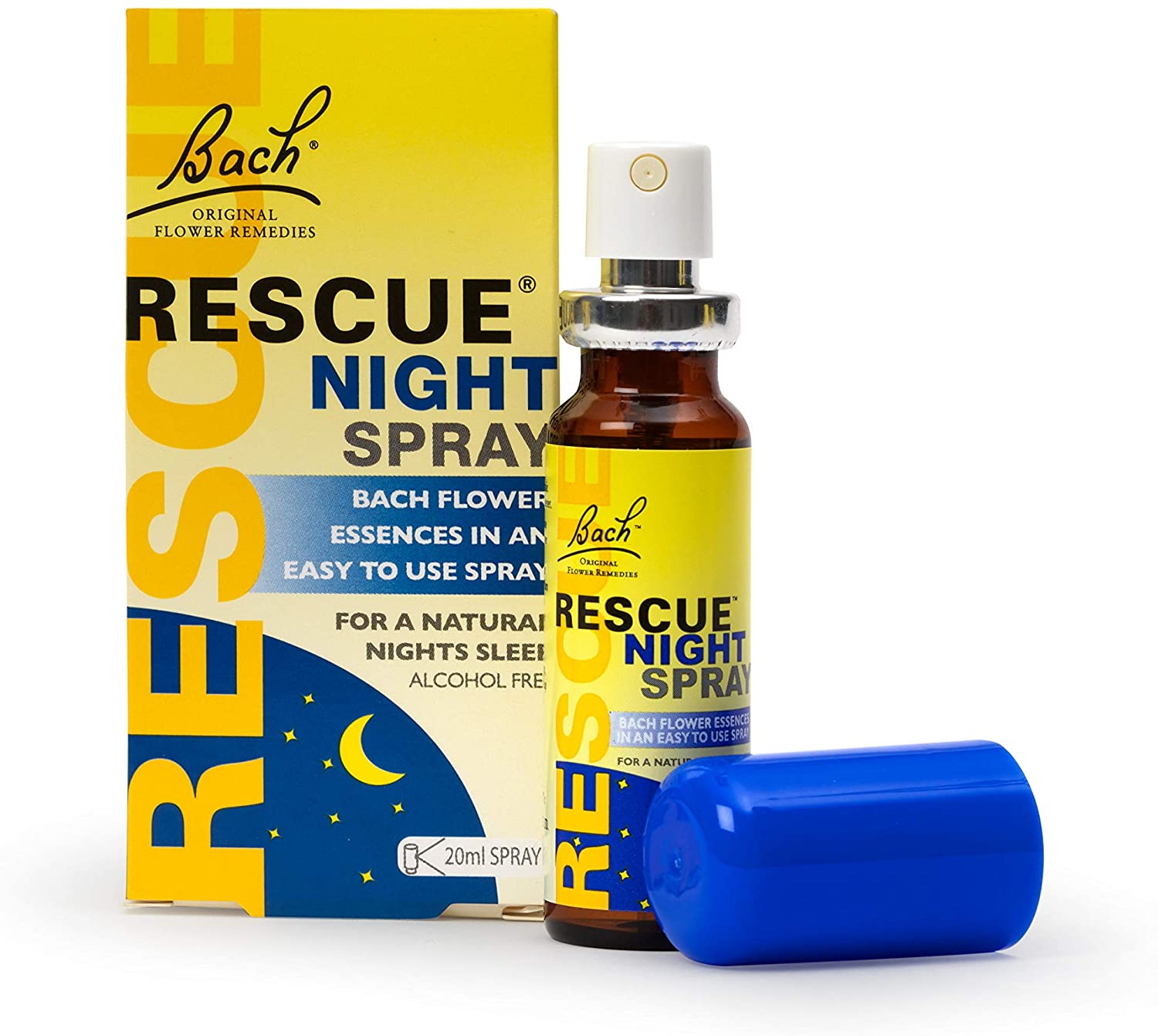

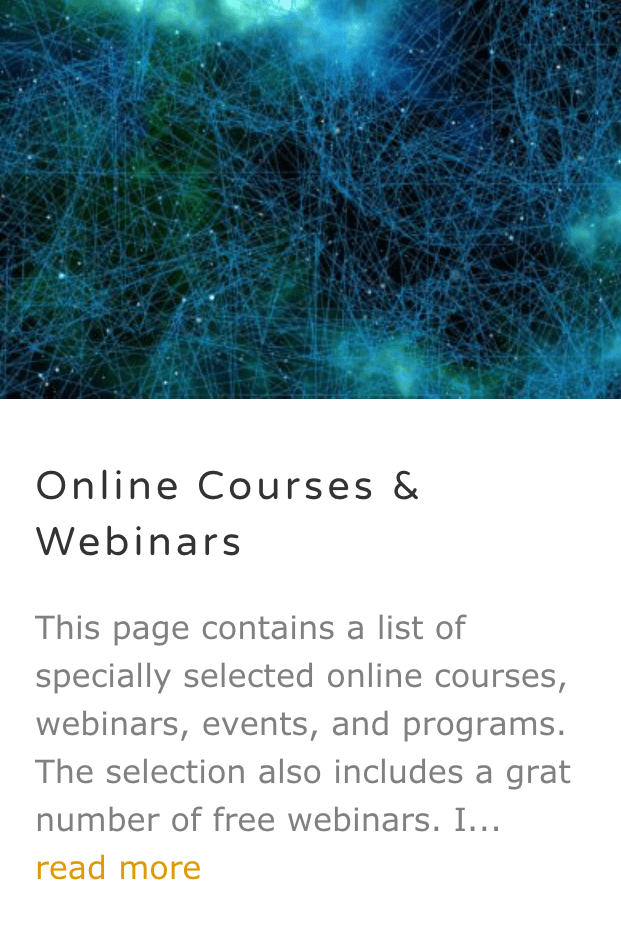
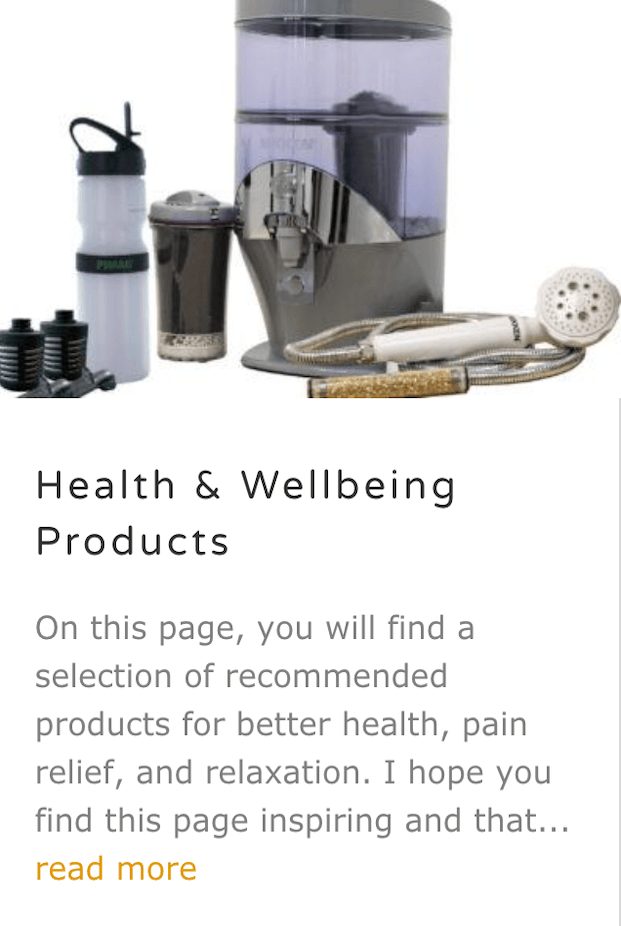
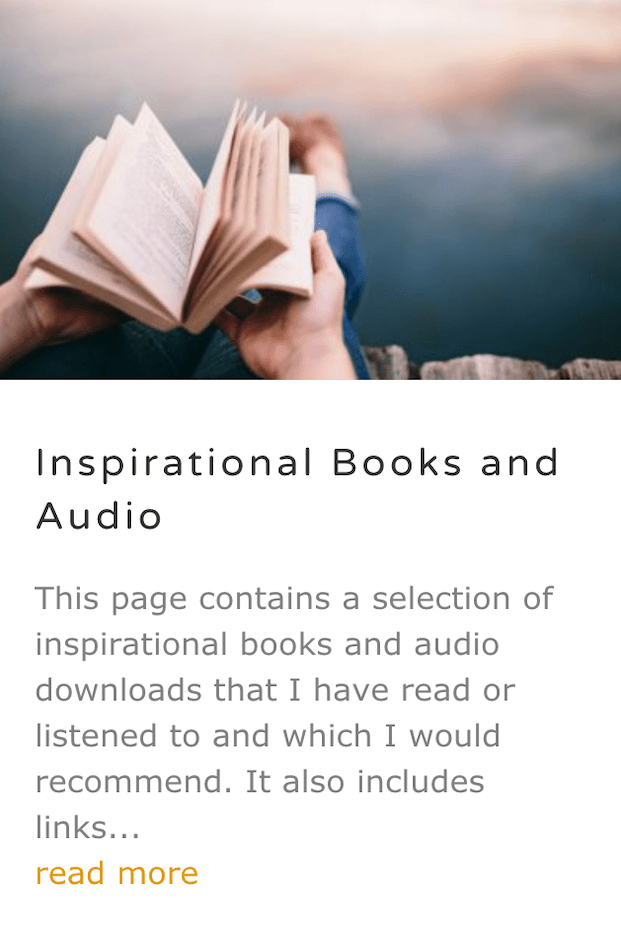




Hello there! this is an amazing review you have got here. I am sure these quality informations in this post will be of great help to anyone who come across it. I think I will try out out the Breathing exercises, I just hope it works for me.
Thanks for sharing this with me.
Hi Joy, thank you for visiting my page. I’m absolutely positive that the breathing exercises will work for you! The only thing to keep in mind is to keep the practice consistent. You should ideally practice it twice daily and if you stick to it religiously, you should start feeling some clear results in about 6 weeks onwards. Just incorporate it in your daily discipline, it will become a habit and you’ll end up doing it automatically, Before going to sleep it;s like a nice ritual, And in the morning I tend to do it just before entering my meditation. If you’d like to find out more about meditation, feel free to read my article about the benefits of meditation, which includes interesting videos (one from Russel Brandt as well, about his own experience.)
Hello there, Thanks for sharing this awesome article I know it would be of great help to the public as it has been of help to me. Sleep is a gift to man so its very necessary that one have enough of it so as to maximize your daily activities as with proper sleep the body tends to be less active
Hi Ismeglamour, thank you for your appreciative comment! I’m more and more fascinated by the science of sleep, so this article was written with the intention of sharing all the useful tips with others. My recent ‘craze’ is the 4-7-8 breathing pattern, please do try it! Breathing is one of our most powerful tools, with free subscription for life (hehe). Have you heard of Wim Hof, the ‘Iceman’? There are some cool videos with him on Youtube, one withy Russel Brandt, where they’re going through one of the breathing techniques. I’ve started practicing is as well, and it feels amazing! This is yet another of the discoveries I feel so grateful for, alongside meditation and energy medicine. Good luck with trying it out!
Thank you for your tips, they are very accurate and – in my opinion – extremely useful! Stress is so much that sometimes sleeping seems impossible, even when you are very tired. And, as marketers, sometimes the level of stress is so high that we cannot even realize it until we try to sleep! So I will put in practice your tips, for sure, and suggest your article!
I often overlook all these suggestions for a better sleep. I also have been wanting to reach a stage of deeper sleep so I will starting putting into practice the small steps first so that maybe I can sleep better at night. Would sleeping with the fan on be another way to help with getting better sleep? I know it really works for me in helping me stay asleep.
Great tips fob me to be able to enjoy my sleeping even better. I’ve had problem with sleeping for a number of days now after I stopped a particular job that I did in the night. I had gotten used to sleeplessness that now when I need to sleep at night, I find it hard to do that. Luckily you have explained all I need to know here. Thank you very much for the information.
Hi Suz and thank you for your comment! Like you, I have done jobs that required being awake at night, for example touring with bands, care work, or working as a film extra on night filming. I was suffering a lot from the irregular rhythm and my body didn’t like it at all however, with the tips from this article occasional nightshifts (or even parties 😉 became much easier to deal with. Especially meditation, which, if you do it properly, can give your body rest which is five times deeper than sleep. Also, what has helped me a lot was tracing my meridians. In my article about Spleen meridian, there’s a video of Donna Eden demonstrating how to trace all your meridians. This can be excellent for dealing with jetlag, for example. I highly recommend it! Thanks again for your nice feedback.
Suffering from irregular sleep patterns or shallow, interrupted sleep is an issue a lot of us are facing. Our body can adjust to the irregular sleep pattern but that’s obviously not good in the long run. These are some very interesting tips, especially the last one where you recommend sleep natural enhancements. Staying away from stress and finding time to rest has helped me a lot. Thanks for all the great information!
Hello Justin, Thank you for your nice words! You’re absolutely right – our body is very adjustable and can tolerate a lot in the short term. I have plenty of experience with this, because of my various jobs that required staying up very late or even all night (for example when I used to work as a film extra.) But then you might pay the price by becoming ill or depressed. So trying to increase the quality of your sleep is absolutely crucial. My favourite way is regular meditation because that provides my body with deep rest and I don’t need as many hours of night’s sleep as I used to, which I find amazing. I often wake up very early, feeling completely refreshed. The sleep enhancers are also great, I’ve been using the Magnesium spray which is also good for your muscles. Thanks again for your comment.
Hi Lucie,
I have been experiencing difficulties to go to sleep during this pandemic. It may be due to several factors but you have given me a lot of ideas to try. I am excited about the Sound Spas concept. I remember as a teenager going to the beach with my family and how wonderful it was to go to sleep hearing the waves.
Hi Paolo, That’s lovely to hear that! Sound Spas can contribute to your sleep a lot – I would try some ‘white noise’, or the sound of the ocean. And if you’ve experienced some sleep difficulties during the pandemic. this could be because of subconscious stress or anxiety caused by the uncertain situation. You may be even picking up on other people’s stress. Apart from experimenting with various calming sounds and aromas, I would definitely recommend the 4-7-8 technique and regular meditation to lower your stress levels. Once again, thanks for your nice feedback, I’m delighted you’ve found my post helpful.